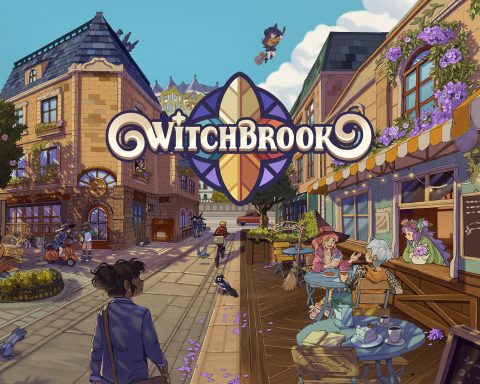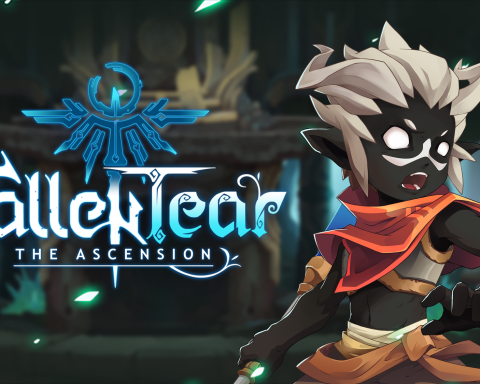What would happen if you took the complexity and depth of a Civilization game and sent it into space? Ascendancy is what. A somewhat forgotten PC game from 1995, it’s been given a second lease on life with the iPad. And while Civilization has won the war for the masses’ hearts historically, the guys at Logic Factory International have one-upped Sid Meier with this port, because while Civilization Revolution is a great game, this is even better.
 |
| This takes hours |
The set up will be fairly familiar to any Civilization veterans. There are a number of different races to choose between, and they start at a very primitive level – in this case they possess just a single, unworked and barely inhabited planet.
By constructing buildings on this planet and researching technologies, the fledgling civilization can grow, construct space ships, explore the multiverse and settle other planets. There are some other species also vying for the same plots of land, and they can be dealt with either with military force, or diplomacy.
As technology levels grow, space ships become more complex and more building options open up. It quickly becomes a busy and vibrant universe, and each species controls massive fleets of very different space ships, and entire clusters of planets.
It can be intimidating, and the first couple of plays of the game, too difficult to keep track of everything, let alone be competitive. The game does a poor job of explaining how things work, and the information button simply provides an ugly block of text to read through. There hasn’t been any real effort to update the 1995 visuals or interface, which is clunky and uninspired. Navigating the space ships around the maps, especially, is initially a nightmare, as it’s difficult to keep track of where the fleet is are and what it’s doing doing.
 |
| It’ll be a while before any of this makes sense |
Persevering with this initial curve ball, though, eventually uncovers a game that makes a lot of sense, and has an incredible scale and depth. And in many ways that’s part of the charm – there’s an urge to explore inside the game, and exploring and understanding the interface is part of that experience.
It’s a slow burning game, but ultimately a rewarding one. I like to compare it to the likes of Civilization 2 rather than the more event games in Sid Meier’s seminal series – it’s at times unwieldy and messy, but it has a soul that will have people loosing entire nights, for entire weeks, as the just-one-more-turn effect kicks in.
It’s games like this that really confuse people who think the iOS devices are only capable of Angry Birds and Flight Control. It’s still cheap, to be sure, but it’s as nuanced and lengthy and every bit as much of a game as anything you’ll find on Nintendo’s and Sony’s consoles.







